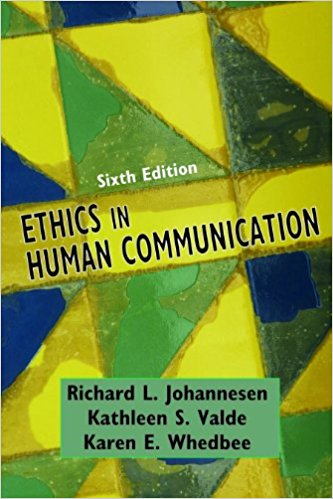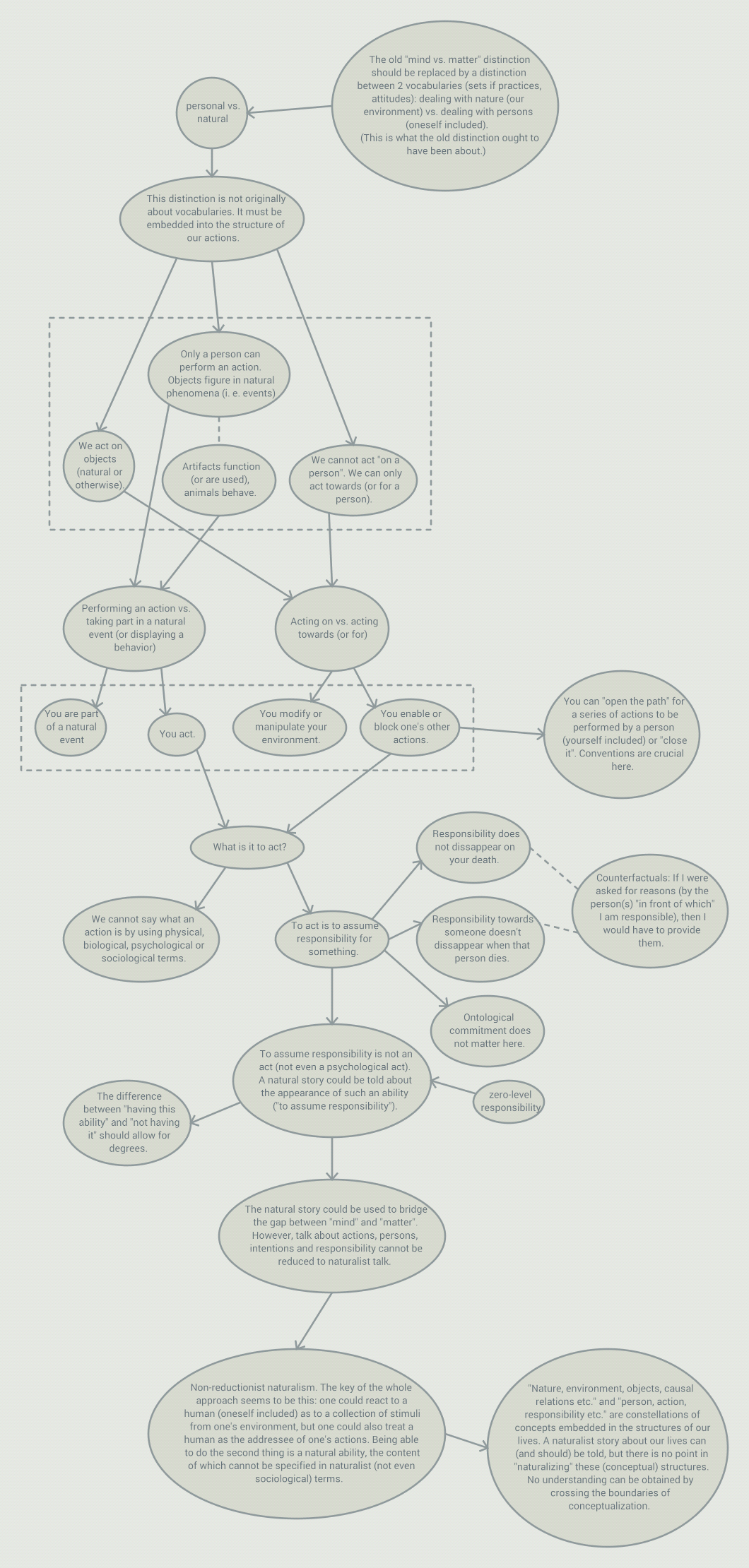Am scris o serie de însemnări, pornind de la întrebarea de mai sus, anul trecut. Le-am numit „improvizații filosofice”. Nu țin neapărat să spun că e vorba despre filosofie aici. Iar termenul „improvizații” îl folosesc cam în același sens în care se vorbește despre improvizații în muzică. Temele de gândire nu îmi aparțin. Nici mișcările de gândire pe care le fac nu sunt originale. Mi-a făcut plăcere să scriu și sper că există oameni cărora le-ar putea face plăcere să citească aceste rânduri. Asta e tot. Nu simt că aș mai putea continua această serie de însemnări. Nu fiindcă aș fi spus tot ce era de spus, ci fiindcă m-a părăsit inspirația, ca să zic așa.
Archive for the ‘idei’ Category
Ce ar fi mai bine să fac cu viața mea?
Friday, October 18th, 2019Nu ar putea fi imoral să faci sofisme?
Friday, March 30th, 2018Am pus întrebarea în cadrul unei discuții despre cursul de Etică și integritate academică, care urmează să fie în toate universitățile românești ca urmare a unui ordin al ministrului Educației.
Nu era o întrebare retorică. Iată aici o discuție despre ad hominem, pe blogul de etică aplicată al Universității din Oxford.
Am descoperit că atunci când se discută despre comunicarea în afaceri (business communication) se poate considera că nu este etic să utilizezi sofisme în argumentare.
Apoi am găsit o carte de etica comunicării, dar încă nu m-am hotărât să o cumpăr.
Ce vreau, totuși, să spun? Cred că dacă utilizarea sofismelor poate ridica probleme etice atunci când este vorba despre comunicare la modul general, atunci sigur va ridica probleme etice atunci când vorbim despre comunicarea academică. Iar dacă este imoral nu doar să plagiezi, ci și să faci sofisme în dizertații de master, teze de doctorat, conferințe, articole publicate ș.a.m.d., nu reiese de aici că un curs de etică și integritate academică nu își poate atinge obiectivele dacă nu presupune și anumite noțiuni de gândire critică?
Surprise!
Thursday, December 28th, 2017[The fact that there are people finding the existence of the Universe (or of an Universe attuned for the apparition of intelligent beings) surprising could motivate this conceptual investigation.]
A box is labeled “Surprise”. What should it contain, in order for the content to be adequate to the label (or the label to be right)? Something which one does not expect to find in a box, perhaps. Sure, the box could contain some living creature answering to the name of ‘Surprise’, but that is besides the point.
Familia, parintii, copiii
Thursday, May 25th, 2017Am lucrat anul trecut la o carte de filosofie pentru copii. Cartea cuprinde o serie de dialoguri imaginare cu o cititoare sau un cititor de 10-12 ani. Aici se gasesc doua discutii – una despre familie, alta despre obligatiile copiilor fata de parinti. Ele vin in continuarea unor reflectii din 2013, pe care le-am postat aici.
Mixed thoughts on reference
Monday, June 22nd, 2015Scribble (1)
Monday, March 16th, 2015On being together
Wednesday, January 28th, 2015Here is a conceptual proposal for a way in which one could (partly) understand what “being together with someone else” means:
A is “together with” B ONLY IF:
A takes responsibility for her/his own life choices in front of B AND
B takes responsibility for her/his own life choices in front of A.
If: N is a necessary condition for P,
then: One cannot propose that P unless one proposes that N. (version: the proposal that P includes the proposal that N.)
So: Proposing that you “start being together” to someone else includes the proposal that both of you take responsibility for your own life choices in front of each other.
Note: Sincerity towards the other person with respect to all your life choices follows from this (you cannot be responsible in front of another person with respect to a life choice the other person knows nothing about).
Now: What distinguishes life choices from regular choices?
Here I do not think a conceptual analysis is required. When you know each other well you also know what the other person would consider a life choice. Also, instead of life choices one could speak of “what you’re doing with your life”. If one is unsure whether what one is doing counts for the other person as “doing something with one’s life”, one could always assume that it counts.
Side note: Naturally, this works for more than two people being together, too.
Methodological note: A proposed concept can be tested like any other artifact. A “beta tester” could just assume it and ask herself/himself:
– Does this concept accommodate my sense of being together with someone?
– Are there any intellectual troubles with respect to this particular relationship which could be alleviated by using this concept?
– Am I better guided in my actions (choosing to be together with someone or not, choosing what to do and what to refrain from doing when you are together with someone, etc.) by using this concept?
– Is there any overall improvement to my life as a result of conceiving being together with someone like this?
– Etc.

